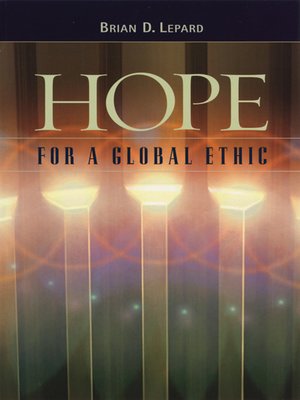
Sign up to save your library
With an OverDrive account, you can save your favorite libraries for at-a-glance information about availability. Find out more about OverDrive accounts.
Find this title in Libby, the library reading app by OverDrive.



Search for a digital library with this title
Title found at these libraries:
| Library Name | Distance |
|---|---|
| Loading... |
The events of September 11, 2001 forever punctured any illusions that Americans are safe from the fanaticism and terrorism so depressingly familiar to residents of the Middle East and other troubled areas of the globe. Numerous wars, including in Iraq, but particularly in the underdeveloped areas of the world, such as Africa, claim countless lives annually and leave many others horribly injured and disabled. At the same time, and often as a direct result of wars and civil conflicts, millions of individuals around the world endure violations of their fundamental human rights. In the economic realm, the materialistic culture pervading the West has, with the fall of Communism, been able to gain a widespread foothold. The disparity between the rich and poor throughout the world continues to grow Against this numbing backdrop, international human rights law specialist Brian Lepard suggests that only a global ethic—a relatively specific set of shared ethical principles—will ultimately be sufficient to support the incipient positive, unifying and harmonizing forces operating in the world today. Surprisingly, Lepard finds the most hopeful source for a global ethic is based on the scriptures of the various world religions—the same belief systems that are so often viewed as the source of ethical disagreements and discord.







